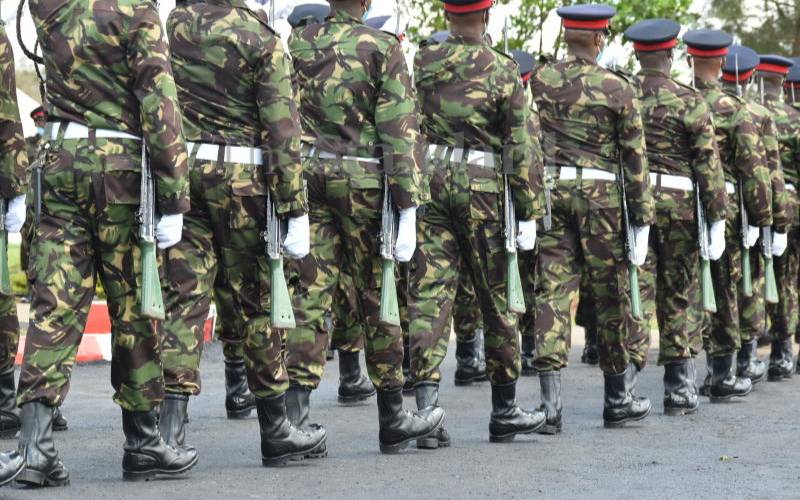
What began as the recruitment of former military officers has morphed into the appointment of serving military officers to head civilian organisations. Those in support of this believe the military is instrumental in saving or rehabilitating institutions that are struggling due to gross mismanagement.
Kenya is considered one of the most robust and stable democracies in the region. However, it is getting into an unfamiliar territory. It is noteworthy that the Constitution was intentional when defining powers, limits, roles and mandates of all creatures of the State, including the military.